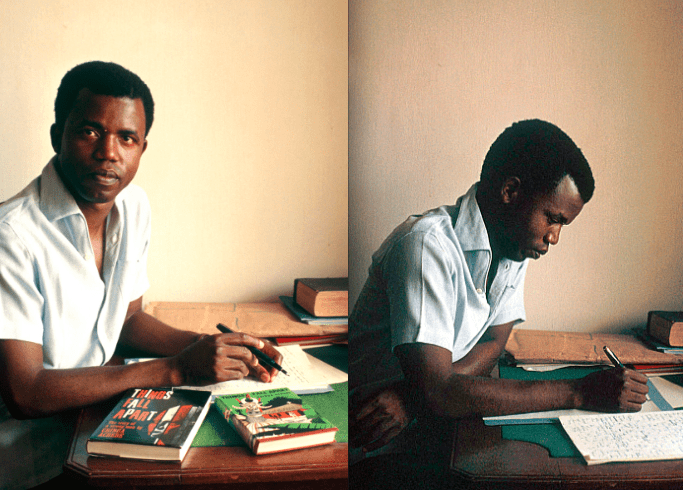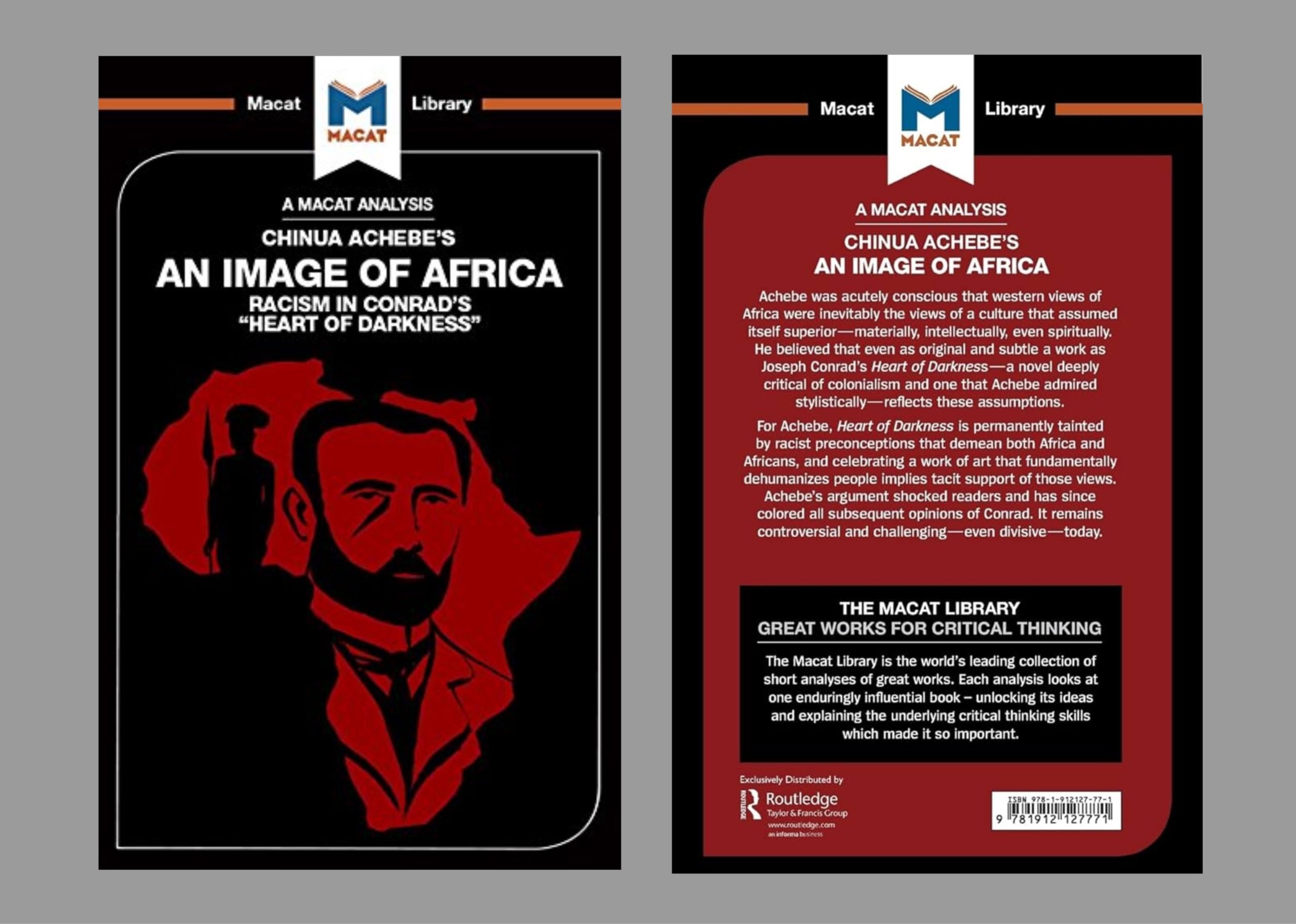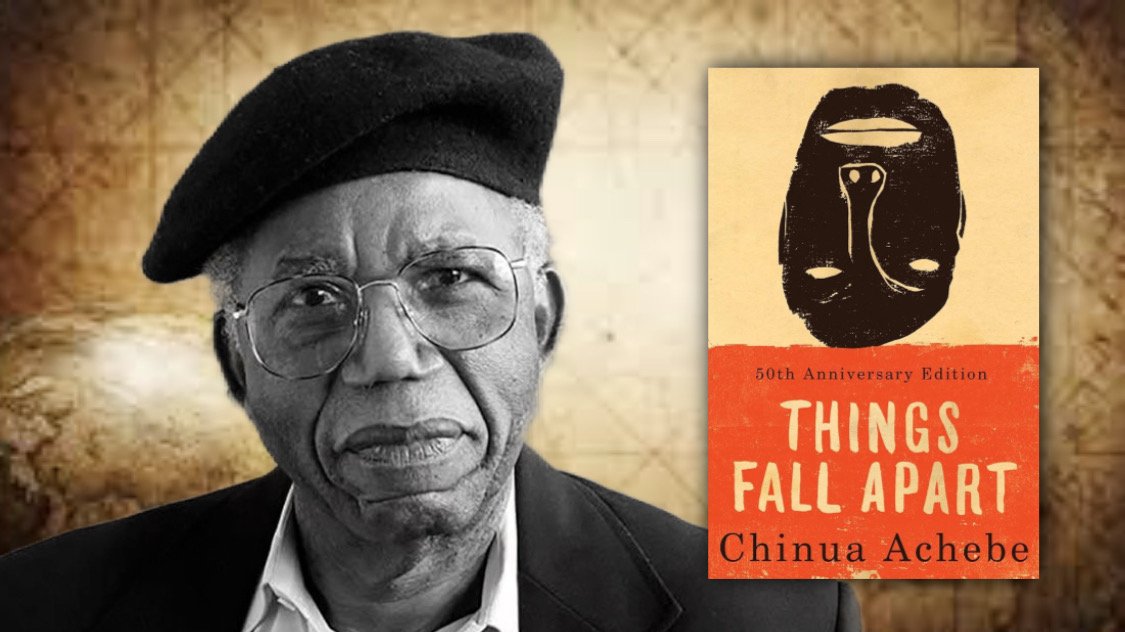Chinua Achebe, a name synonymous with African literature, stands as a towering figure whose words have resonated across the globe.
Born in Nigeria in 1930, Achebe’s life and works have left an indelible mark on the world of literature. From his groundbreaking novel “Things Fall Apart” to his essays and poetry, Achebe’s contribution to African literature is immeasurable.
This article delves into the life, works, and enduring legacy of Chinua Achebe.
Early Life and Education
Chinua Achebe was born in Ogidi, Nigeria, into the Igbo ethnic group. He was raised in a vibrant cultural milieu, surrounded by traditional Igbo storytelling and rituals. Achebe’s early exposure to his rich African heritage would profoundly influence his later writing.

He attended Government College Umuahia and later the University of Ibadan, where he studied English, history, and theology.
Achebe’s education exposed him to both Western and African literary traditions, providing him with a unique perspective that would become a hallmark of his writing.
Literary Breakthrough – “Things Fall Apart”
In 1958, Achebe published his first novel, “Things Fall Apart.” This seminal work is often considered the cornerstone of African literature. Set in pre-colonial Nigeria, the novel vividly portrays the clash between African traditions and the forces of colonialism and Christianity.
Through the life of the protagonist, Okonkwo, Achebe masterfully explores themes of cultural identity, change, and the consequences of colonial oppression.
“Things Fall Apart” was groundbreaking for several reasons. It presented an authentic African perspective, countering the prevailing stereotypes of Africa in Western literature.
Achebe’s use of language was revolutionary, as he wrote the novel in English but infused it with African idioms and proverbs, creating a distinct narrative voice.
Achebe’s Influence on African Literature
Chinua Achebe’s impact on African literature is immeasurable. He opened the door for generations of African writers to tell their own stories and challenge stereotypes.
His work inspired a literary movement known as African literature in English, and he mentored many aspiring writers.
In addition to novels, Achebe wrote essays and criticism, addressing issues of identity, language, and African literature’s role in a post-colonial world.

His essay “An Image of Africa: Racism in Conrad’s Heart of Darkness” is a seminal critique of Joseph Conrad’s novel and its portrayal of Africa.
Legacy and Later Works
Chinua Achebe’s literary output extended beyond “Things Fall Apart.” He authored several novels, including “No Longer at Ease,” “Arrow of God,” and “A Man of the People.” These works continued to explore the complexities of African identity and the challenges faced by African societies in a changing world.
In 2007, Achebe published “There Was a Country,” a memoir chronicling his experiences during the Nigerian Civil War. This book provides valuable insights into Achebe’s political views and his deep commitment to his homeland.
Chinua Achebe’s literary legacy endures as a beacon of African storytelling. His ability to blend tradition and modernity, and his unapologetic commitment to African culture, have made his works timeless.
Achebe’s words continue to resonate, inspiring writers and readers alike to explore the rich tapestry of African literature and history.
His contributions to literature and his unrelenting advocacy for African voices have firmly established him as a literary luminary whose influence extends far beyond the pages of his books.
 The African History Truly African
The African History Truly African

